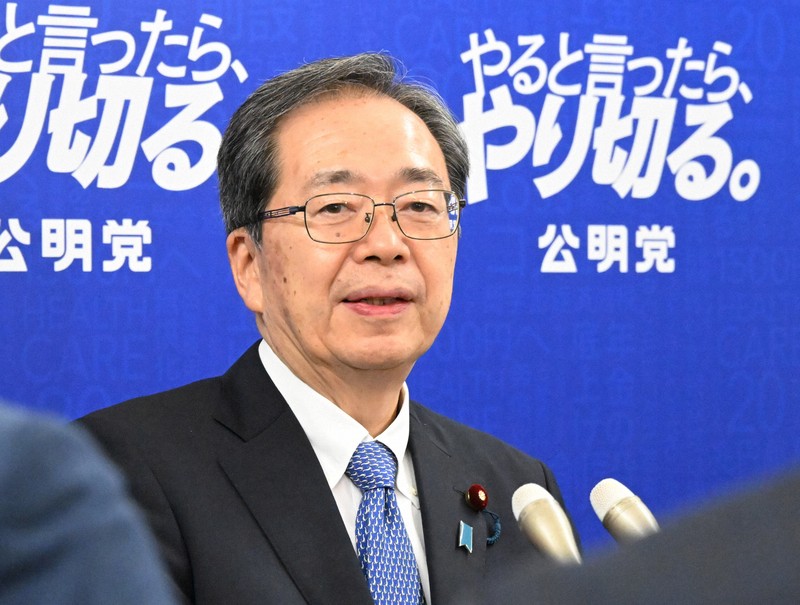In what can be seen as a defining moment, Japan's Prime Minister Kōichi unveiled his policy beliefs, triggering mixed responses from various political factions. The declaration, part and parcel in Japanese politics, allowed the PM to stake his claims on various socio-economic issues which are currently dominating Japanese news cycles. While some parties vocally support Kōichi's stand, others have raised critical objections highlighting the divided political landscape of Japan.
In Japan, the public highly values the policy beliefs of their politicians, particularly the Prime Minister. The reaction from various political parties gives Japanese citizens insights into the political dynamics at play and helps them gauge the viable direction of national policies. Public reactions often signal popular sentiment on issues of wealth distribution, social policy, and national sovereignty.
Much like in the US or EU, the policy beliefs of a nation's leader play a significant role in the political discourse. However, unlike Japan, in these western democracies the PM's or President's policy statements may not always garner the same level of intense scrutiny across the political spectrum on a regular basis.

